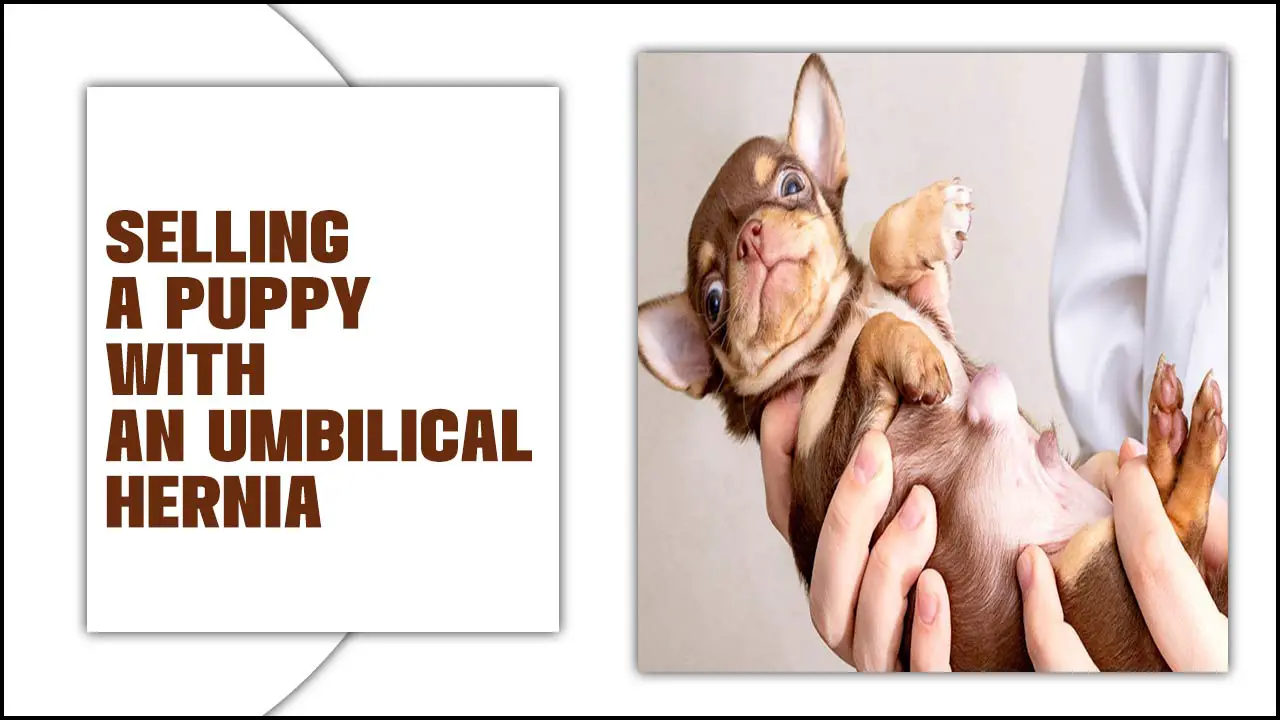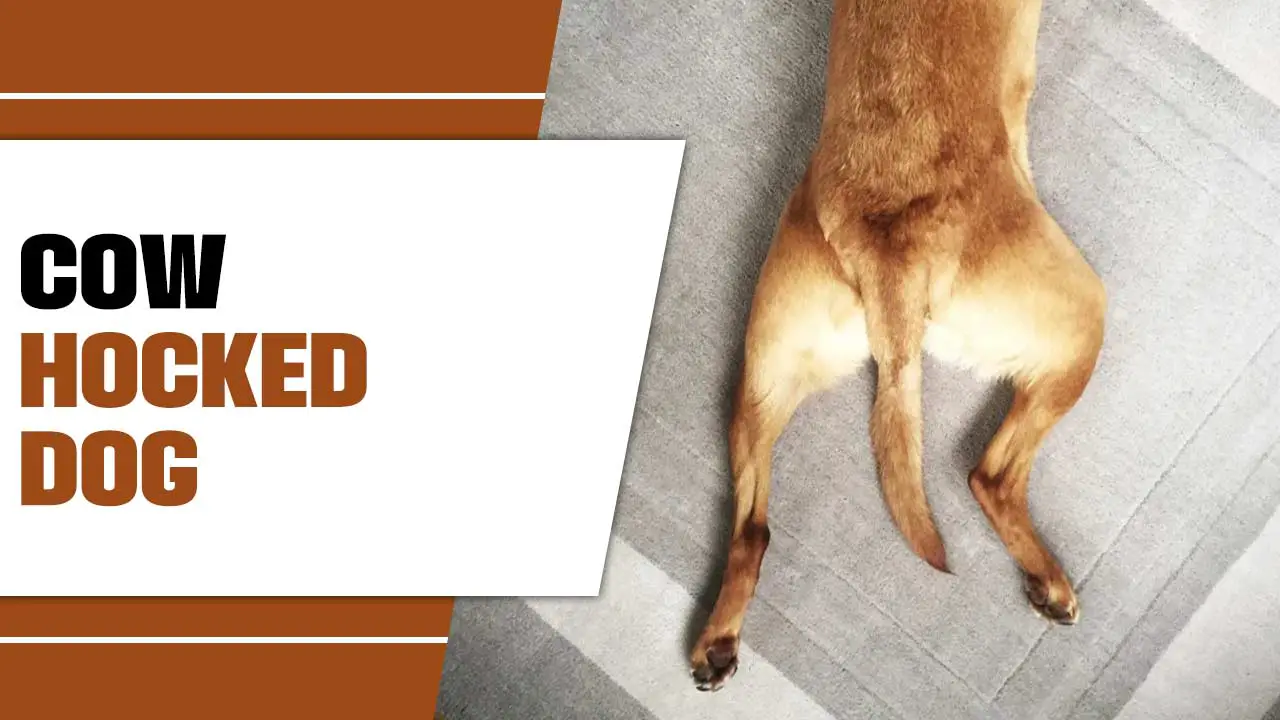Keep your dog’s teeth and gums healthy by supplying him with nutritious food. Giving him dental care, and monitoring his diet for potential issues. These factors will help to keep his teeth and gums clean, which will, in turn, prevent any dental problems.
Regular checkups ensure your dog’s teeth aren’t damaged or decaying. While most of us care deeply for our pets, cleaning their teeth is often forgotten. If your dog’s teeth are bad or hurting, your dog’s health could be at risk.
But cleaning your dog’s teeth regularly can help prevent dental disease and tooth loss. Plus, it’ll keep your dog’s breath fresh and healthy. It’s also a fun experience for you both. Here’s an essential guide on how to care for and maintain your dog’s dental health at home.
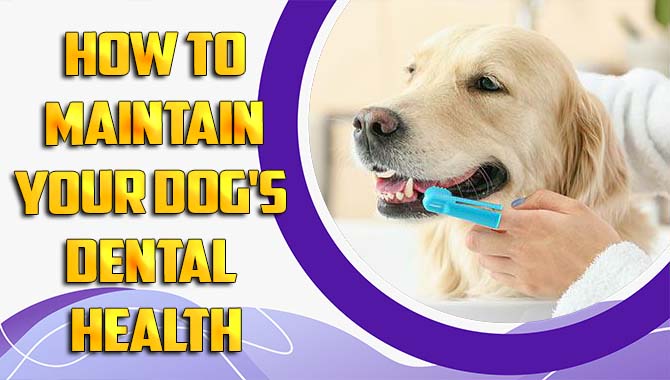
Why Is Dog Dental Care Important?
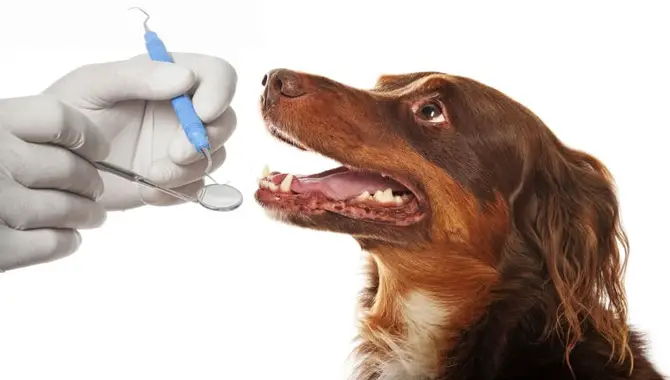
Dog dental care is essential for the health and well-being of your dog. Left unchecked, dental problems can lead to other health issues, such as diabetes and disease due to bacteria in the bloodstream. The earlier you detect dental disease, the easier it will be to prevent or treat it.
Plus, brushing your dog’s teeth at home with a toothbrush and toothpaste can help remove plaque buildup. And prevent gum diseases like gingivitis and periodontal disease. However, brushing your dog’s teeth isn’t enough; you should also get it professionally cleaned every six months to ensure its teeth stay healthy and clean.
And last but not least, don’t forget to check your dog’s teeth regularly for signs of tooth decay or injury. And take your dog to the vet if you notice any oral problems.
Some Ways To Maintain Your Dog’s Dental Health
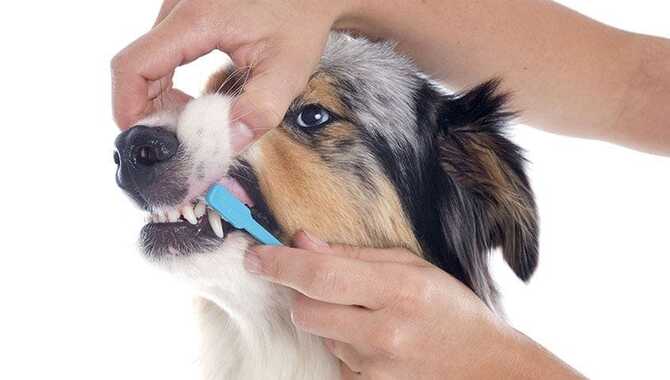
Few things can be as heartwarming as seeing your dog happily chewing on a bone or wagging its tail while you enjoy a nap. However, many owners must pay more attention to maintaining proper oral health for their pups. A healthy mouth leads to a happy and well-adjusted dog. So it’s important to ensure that your furry friend’s teeth are in tip-top shape. Here are some ways how to maintain your dog’s dental health:
Your Dog’s Dental Health
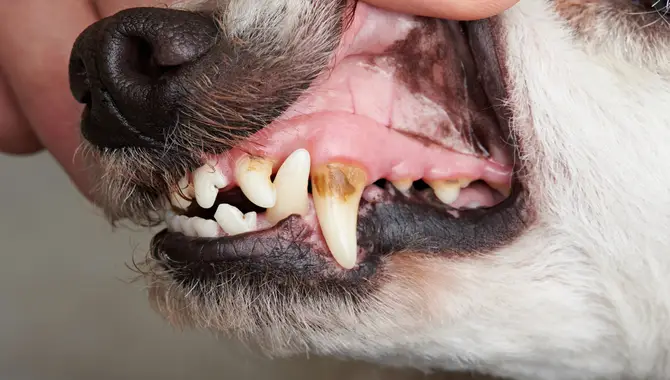
Dental care is an important aspect of your dog’s health and well-being. You can help keep your dog’s mouth clean by brushing and using dental treats. Probiotics and prebiotics may also be orally administered or applied directly to the gums to support your dog’s dental health.
Regular oral hygiene and cleaning, such as brushing and cleaning the teeth with toothpaste and mouthwash, are also essential for dental health in dogs.
Oral rinses can help prevent plaque buildup and kill mouth bacteria, while chewing toys, dental bones, and water additives can help supplement your dog’s dental care. Preventing tooth-related diseases costs less than treating them, so it’s important to regularly provide your dog with oral care.
The Importance Of Regular Teeth Cleaning
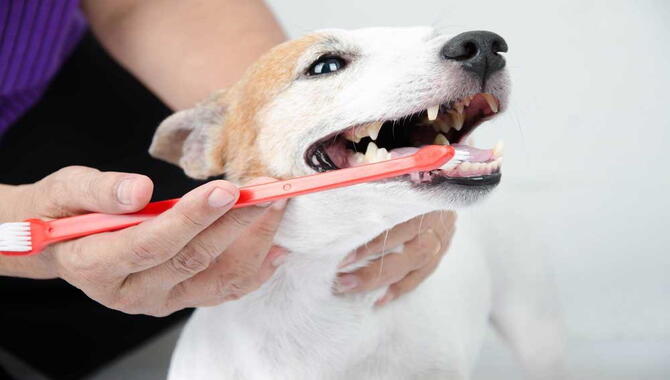
Dental health is very important for your dog’s oral and dental health. Regular teeth cleaning is essential to prevent periodontal disease, which can lead to tooth loss, gum disease, and oral cancer. Besides brushing your dog’s teeth regularly, there are other ways you can help maintain their dental health. Dogs’ teeth can be filled and extracted by a vet if necessary.
Dental chews, food, and water additives can help maintain your dog’s oral health. Rather than kibble, try feeding your dog high-quality dry or canned food that contains sufficient fiber for dental health.
A high-carbohydrate diet like kibble may also encourage pathogenic bacteria in your dog’s mouth. So keep brushing their teeth and providing them with a healthy oral care routine to help ensure their dental health.
Dental Chews Can Support Your Dog’s Dental Health.

Dental chews and treats can be valuable in supporting your dog’s dental health. They help to clean your dog’s teeth, minimize plaque buildup, and freshen your breath. Dental chews feature ridges and nubs to stimulate blood flow through your dog’s gums.
Whether giving your dog a dental chew regularly or as a special treat, choose one high in proven tooth-cleaning ingredients and low in calories.
Some dental chews and treats also contain antioxidants such as vitamins E and C to reduce gum inflammation. Instead of brushing your dog’s teeth daily, gently brushing with a dental chew after each meal can help clean plaque buildup and promote oral health. Applying probiotics to a dog’s gums can reduce periodontal disease-causing bacteria and inflammation.
How To Clean Your Dog’s Teeth
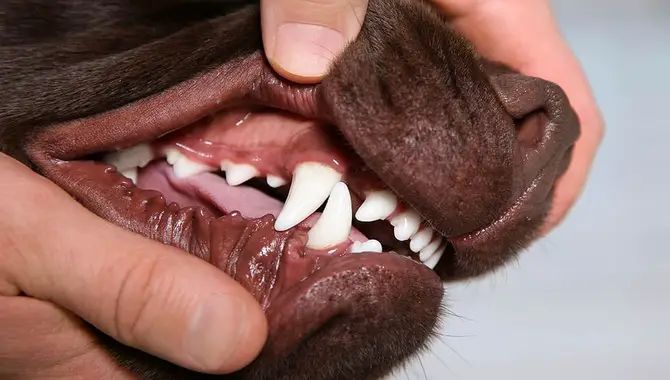
Regular brushing of your dog’s teeth is essential to maintain dental health. Use a toothbrush or a fingertip brush, and apply toothpaste made specifically for dogs. Brush the teeth from back to front along the gum line and the bottom jaw if possible.
Use tooth wipes, chew toys, dental bones, and water additives as supplemental teeth cleaning options. Dog dental care costs a fraction of the price of treating tooth-related diseases, so it’s affordable for maintaining your dog’s dental and overall oral health. Also, brushing your dog’s teeth regularly can help prevent gum disease and discoloration.
When To Take Your Dog To A Veterinary Dentist
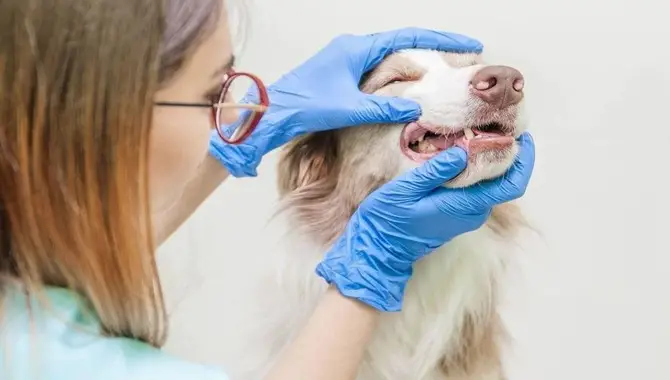
There are several general dental health recommendations for dogs that are particularly important when it comes to dental health. The first is regular professional dental cleanings, which your veterinarian may recommend once your dog is six months old.
These checkups help ensure your dog’s teeth are healthy and free of plaque and tartar buildup. Professional cleanings typically involve general anesthesia and X-rays to properly clean and evaluate your dog’s teeth. They also include oral hygiene instructions and tooth brushing, which your dog should be able to do at home after the appointment.
As with human dental care, brushing your dog’s teeth regularly with a toothbrush and toothpaste can help prevent tooth decay and gum problems. If your dog experiences any of the following signs of dental issues that may require a trip to the vet, be sure to contact your veterinarian immediately: changes in eating or chewing habits, pawing at the face or mouth, excessive drooling, or discolored, broken, missing or crooked teeth.
Are There Any Home Remedies For Dog Dental Care?
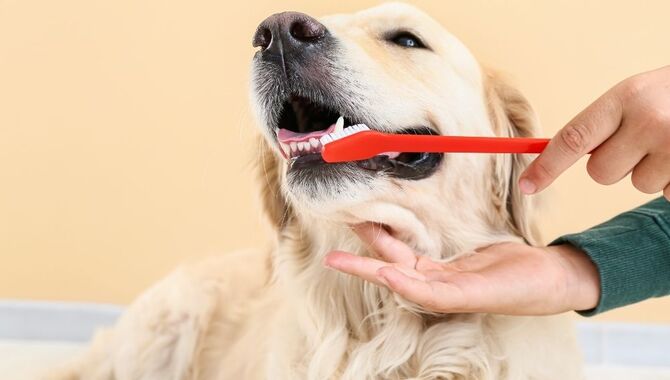
There are a variety of home remedies for dog dental care, ranging from brushing your dog’s teeth with a dog toothbrush and toothpaste to using dental rinses and water additives. Both can help prevent gingivitis and periodontal disease, two common oral health problems in dogs.
Brushing your dog’s teeth regularly with a dog toothbrush and toothpaste is the best way. You can also use toothpaste made for dogs as a substitute for human toothpaste. Aside from brushing your dog’s teeth, you can also use dental rinses and water additives as part of your dog’s oral care routine.
These can help remove plaque and bacteria buildup that can lead to oral health problems. Finally, mouthwashes are also available to help prevent plaque and bacteria buildup. These can be used as part of your dog’s daily oral care routine or as an occasional cleaning tool when your dog’s mouth seems dirty or smelly.
While brushing your dog’s teeth with a dog toothbrush and toothpaste is the best way to keep its mouth healthy, you should also ensure that your dog gets regular dental cleanings from the veterinarian to prevent any health problems from developing.
Tips For Maintaining Your Dog’s Dental Health
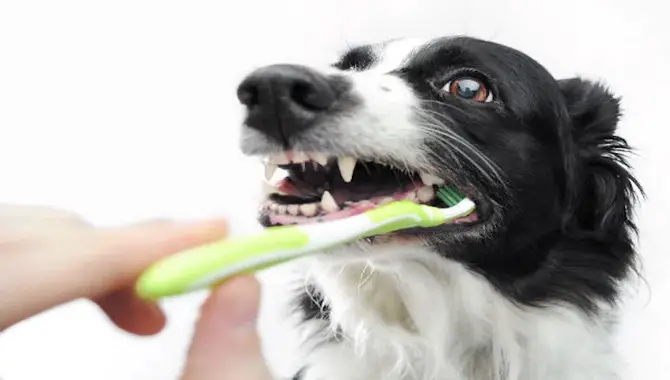
Maintaining your dog’s dental health is vital to keeping teeth and gums healthy, which can help prevent oral health problems such as toothaches or gum disease. It’s important to regularly check your dog’s teeth and gums for signs of problems, including toothbrush cleaning, dental brushing, and administering oral care products.
Your veterinarian may also recommend dental checkups to monitor your dog’s oral health and check for signs of oral disease, such as periodontal disease or tooth decay. Additionally, brushing your dog’s teeth with a toothbrush and toothpaste daily is an effective way to keep teeth and gums healthy.
Also, feeding your dog dental kibble can help control plaque and tartar buildup. Finally, providing chew toys that promote gum health and dental cleaning sessions every few months are critical for overall dental health.
Conclusion
To help your dog maintain oral health, brushing teeth regularly and ensuring, they’re brushing them at least once daily and cleaning them with a toothbrush or dental toothpaste is vital.
Additionally, offering dental chew toys like dog dental chews or dental treats can be helpful. Veterinarians advise giving your dog dental care at regular intervals, such as brushing teeth at least twice a day and brushing them thoroughly with a toothbrush (or oral cleaning brush) and oral care toothpaste.
We discussed the importance of dental care for dogs and outlined some steps to maintain your dog’s dental health. These tips help keep your dog’s teeth healthy and free from pain and discomfort. Remember that dental care is a regular responsibility that should be taken on by both you and your dog, as proper care can help prevent future dental problems and ensure long-term oral health.
Frequently Asked Questions
How Do I Keep My Dog’s Teeth Healthy?
There are a few things that you can do to keep your dog’s teeth clean and healthy. The most common way to brush your dog’s teeth is by using a toothbrush specially designed for dogs and toothpaste made for canine oral health. In between dental checkups, give your dog dental treats, chew toys, and bones to help clean their teeth and reduce plaque buildup.
How Can I Keep My Dog’s Teeth Healthy Without Brushing?
Keeping your dog’s teeth healthy is easy with a bit of diligence. Here are a few tips:
Clean your dog’s teeth with toothpaste specifically designed for canines.
Brush your dog’s teeth weekly or daily for optimal oral health.
Manage your dog’s oral health to prevent tooth decay. If your dog has plaque buildup, brushing their teeth regularly can help to clean it up and reduce the risk of tooth decay.
Regularly brushing your dog’s teeth can help prevent plaque buildup and keep them healthy overall.
How Does Dental Health Impact The Overall Health Of My Dog?
Teeth and gum health are highly important for your dog’s overall health. Periodontal disease is a common dental health issue in dogs and can lead to a range of health problems, including jaw health problems, heart disease, and kidney and liver issues. Periodontal disease can even progress to tooth loss or oral cancer if left untreated.
Why Would My Dog Need A Dental Cleaning?
Dogs over three are at a high risk of developing periodontal disease, tooth loss caused by gum disease. Unless you take your dog to professional teeth cleaning every two months, along with daily oral care, your dog’s teeth will start to suffer and eventually fall out.
What Is The Best Way To Maintain Your Dog’s Dental Health?
The best way to maintain your dog’s dental health is by brushing its teeth regularly. This will help remove plaque and bacteria that can cause tooth decay. Many dog owners also recommend visiting a vet for an annual dental checkup to detect dental problems early on. If your dog develops dental problems, the vet may recommend professional dental cleanings to fill or extract teeth as needed.

Aquarium passion is all about connecting with the aquatic life and providing education to the public on the importance of these creatures. We showcase a wide variety of marine life through our exhibits as well as working with schools to provide unique learning opportunities for students of all ages.

